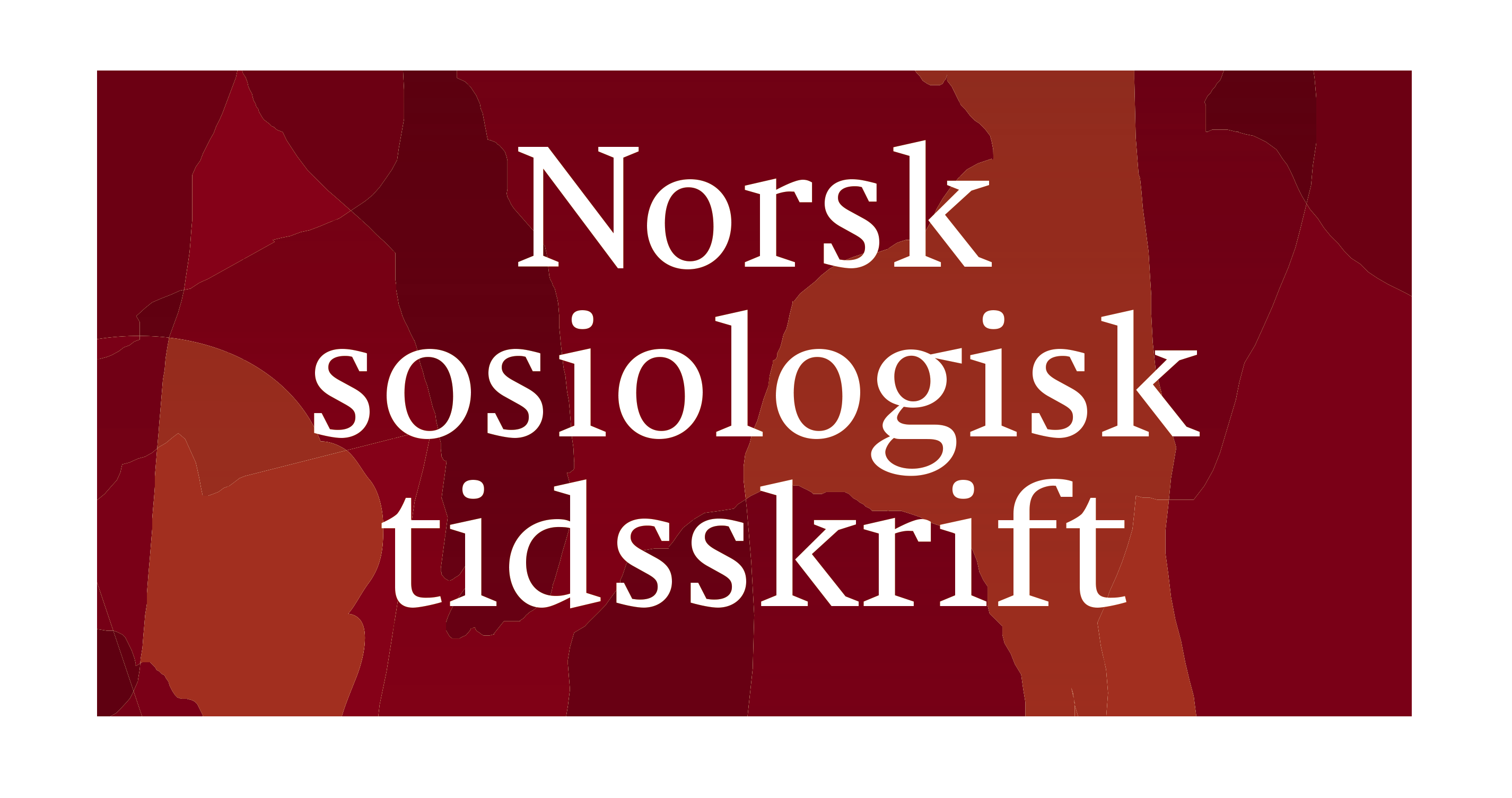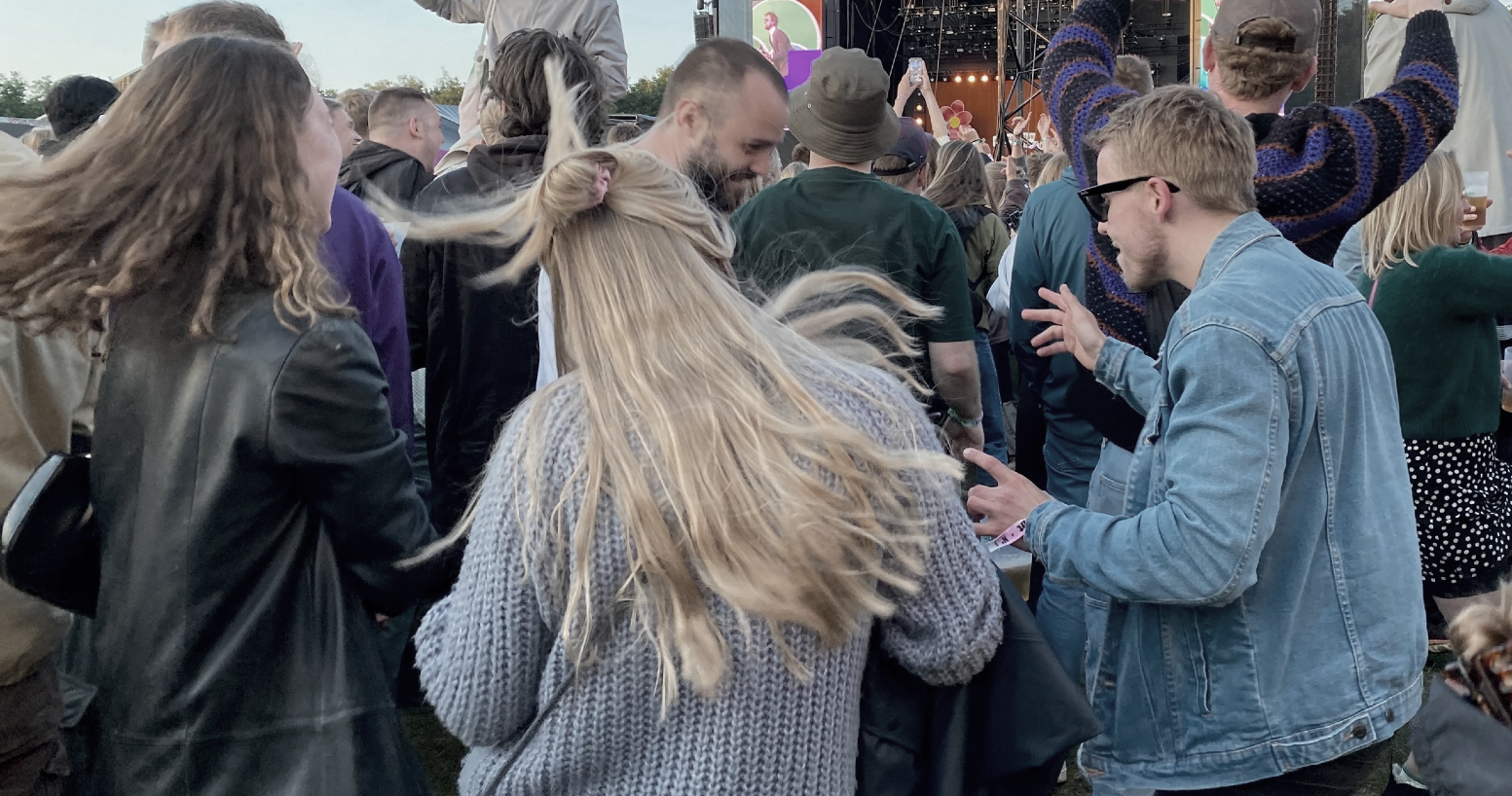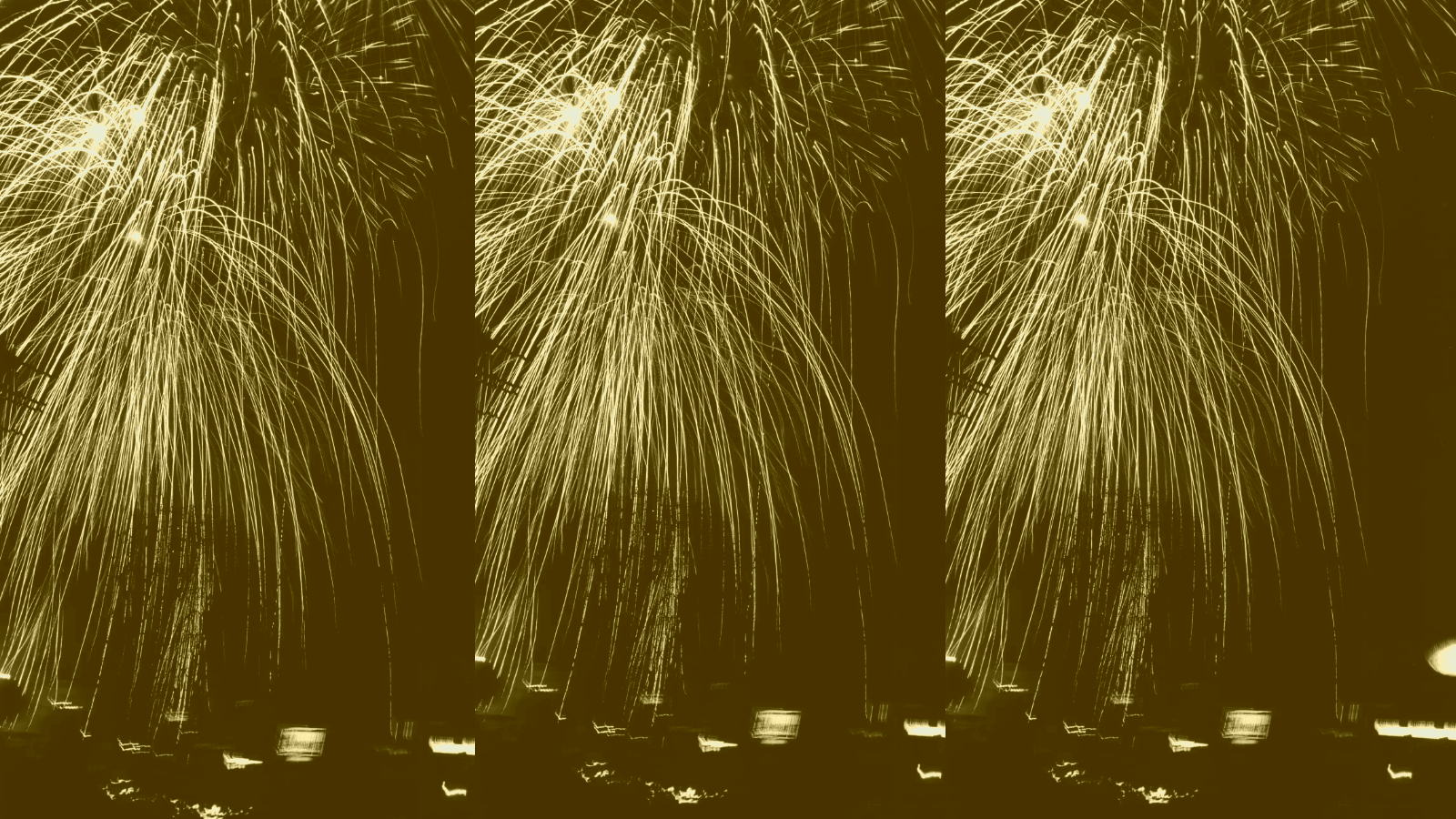Sari Hanafi var invitert som Keynote speaker til Nordic Socioogical Association Conference 2020/2021. Ettersom konferansen er avlyst har Hanfi spilt inn sitt innlegg på video.
Hanafi var invitert til konferansen for å snakke om religion som kjerne i globale konflikter i det 21 århundre. Med sin bakgrunn som forsker på religion både lokalt og globalt vil Hanafis refleksjoner være av stor nytte for sosiologer.
Den Nordiske sosiologi- foreningen er glade og stolte av å kunne presentere Hanafis innlegg med denne videoen.
Sari Hanafi
Professor i sosiologi ved American University of Beirut og President for International Sociological Association (2018-2022).
English:
‘Why is religion at the core of global contentions in the 21st century?’ This was the question to Sari Hanafi when he was invited to give a keynote talk at the 30th Nordic Sociological Conference that should have taken place in Oslo in August 2020. Even though the conference itself is now cancelled, the organizational committee and the Norwegian Association of Sociology, are thrilled to be able to present – and to learn from – Hanafi’s reflections on religion in the 21st century.
Based in Beirut, and a long-term student of religion both locally and globally, Sari Hanafi is well placed to answer this question. An answer, says Hanafi, at the outset of his talk is that ‘there is so much misunderstanding between the religious and the secular in our scholarship and media, misunderstanding of religion in its relationship to politics, economy, culture, or simply to society. Religiosity is increasing in most of regions and secularism has become in many places a sort of a civic religion against the other religions.’
The talk, following Hanafi, should be of interest to all sociologists. In his keynote, Hanafi takes issue with those that see religion as a separate societal domain, and argues – with reference to Marcel Mauss and Karl Polanyi, that ‘(t)he spheres of religion, culture, politics, social and economy are traversed by common logics that allow a given society to be encompassed in its totality, exactly as Marcel Mauss and Karl Polanyi did’.



